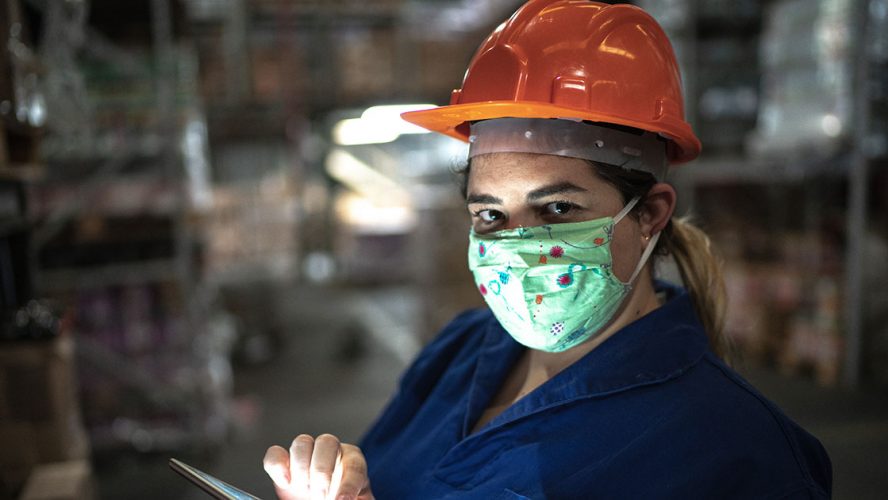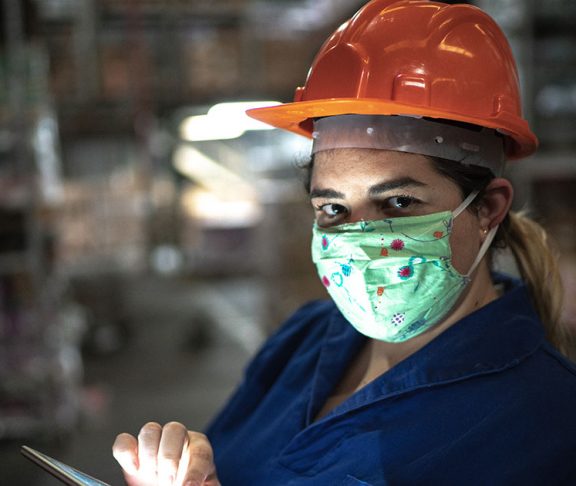
Ann Arnott
Executive Vice President/CEO, Power Transmission Distributors Association (PTDA)
Nearly 200 years ago, the Industrial Revolution started—when products began being made by machines instead of by hand. Belching smoke and soot, in dark factories, with very little protection from the machinery, manufacturing mass produced the products we came to rely on—from washing machines to automobiles, from sewing machines to clothing. Fast forward a couple of centuries. Manufacturing still makes the products we rely on—but now, those products look a whole lot different. Your washing machine senses how dirty your clothes are and sends you a notification when the load is done. Your car can drive itself. The advancements in the products required technological advancements in the way they are made.
Stigma persists
Search online for any recent “how it’s made” type of video, and you’ll see robots, sensors, and automation—usually run by someone working in a pristine plant behind a sophisticated electronic counsel controlling millions of dollars’ worth of equipment. It’s not your great-great-great grandfather’s business anymore. But despite the advancements in manufacturing plants and processes, the perception of the early factories from two centuries ago remains. And thousands of jobs go unfilled because people still think “dirty, dark, and dangerous” when they think manufacturing. Or they think manufacturers only hire engineers.
There will be a need to fill 4.6 million manufacturing jobs in the United States by 2028. Whether on the plant floor, in the warehouse, with research and development, in the sales office, or in HR and marketing, careers in manufacturing provide terrific work environments, competitive pay, and tons of opportunity for growth and advancement.
The possibilities out there
In addition to the careers available in manufacturing, there are companies supporting those manufacturers that are also in need of employees with technical and soft skills. Industrial distribution is not very well-known, but the products their manufacturing customers make are. From the foods stocked in your freezer to that little motor that vibrates in your mobile phone, manufacturers depend on their industrial distributors to make the products you use every single day. The machines and robotics used in manufacturing — the conveyor lines, the bottle-capping machines, the sensors that recognize weight and dimension — all need the services and parts provided by industrial distributors to continue to put the product on the shelf.
If you like working with your hands and like working with people — or if you know someone who does — you owe it to yourself to check out career opportunities in manufacturing and industrial distribution. Want to see for yourself what manufacturing and distribution looks like today? Take a tour of local employers on Manufacturing Day held on the first Friday in October. Manufacturers and their distributor partners open their doors and invite the community in for tours and to learn more about their industry. Find a local event at creatorswanted.org. And check out the resources — from training to job placement — at your local university, community college or technical school.
Many of the jobs available in manufacturing and distribution require skills that can be learned and don’t require a four-year degree. People who work in manufacturing and industrial distribution tend to be humble — they don’t talk much about what they do or the essential role they play. With nearly 13 million manufacturing workers in the United States – around 8.5 percent — odds are you know someone who is employed by a manufacturer. Talk to them. Find out what they like about their job, how they got started, and what they think are the essential skills and talents. There’s an incredibly rewarding career waiting for you.

